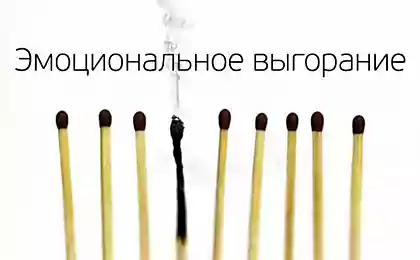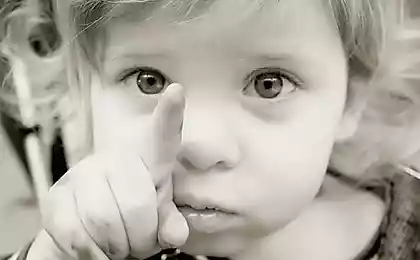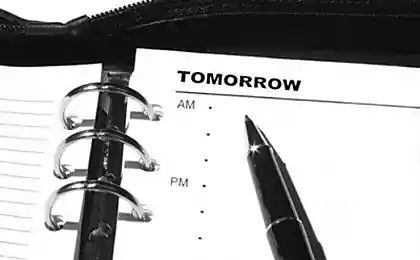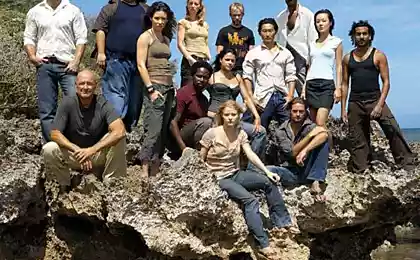662
Every time a person does best what he's capable of
That is supplied as ready to act in the best way. Makes decisions – putting best of their knowledge and capabilities.
At a deep level too. Frightened – if something scared. Crying – if you can not to cry. Attacks – if subjectively sees as a threat. Falls into the victim – if not the courage to defend themselves.
Seven million three hundred nine thousand eight hundred forty four
The legacy of the previous generations we got appalling ignorance: "You can be better" or "Can be different".
Despite the fact that the objective could not did the best I could.
Such a message is irrelevant to the support: "You can. I believe in you." Real support is not disappointed if you don't have it.
It supports and once you have failed:"You did everything you could. It was a good experience, you can learn."
I recommend everyone to read psychology... Any version, even the simplest. To have an idea of what a child in a particular age. To remember itself, and the requirements that you impose. To believe myself — at least through scientific evidence — you've always done everything I could in the given circumstances.
Due to the many inflated expectations that we cease to trust ourselves. We also begin to think, act, decide not. Feel not something. Are not fact. And could act better.
The result is an exhausting inner dialogue – grinding, where and what I was bad. But could be better.
If I were bolder, I would say to the aggressor.
Would I be posderzhannee, I would not have wept at all, and that is so embarrassing.
If I were smarter, I would have done differently in the past.
All these experiences richly flavored with guilt and shame.
Ignorant perception of self and Other – for we believe he is also capable of more — applied to relations.
We have to justify ourselves – why are we still wasn't better, or attack to get rid of his guilt he was not better.
If I believe that every time I do well, I stop focusing on the excuses or attempts to shift responsibility for their mistakes on the Other.
I look for ways and opportunities to correct these errors. And I choose what I do.
If I agree that I make the most of your motherhood, I don't require perfection. I soberly assess how much and how can I be in contact with your child and decide where and how to provide the missing.
Agreeing that I did in the past, all that could, I will experience sorrow for what happened (did not happen). And remove experience.
I can't prove in a relationship that I was right because Another did so-and-so, and forced me to be "bad."
Or, if he had, the Other was better, everything would be different. Or to figure out who said what and who is right said.
Trust yourself and your partner – that everyone is doing the best he can, and works best, allows you to stay in contact to find out.
Or make the choice to end the relationship, if the maximum ability partner doesn't suit you.published
Author: Veronica Brown
P. S. And remember, just changing your mind — together we change the world! ©
Source: veronikahlebova.livejournal.com/38224.html
At a deep level too. Frightened – if something scared. Crying – if you can not to cry. Attacks – if subjectively sees as a threat. Falls into the victim – if not the courage to defend themselves.
Seven million three hundred nine thousand eight hundred forty four
The legacy of the previous generations we got appalling ignorance: "You can be better" or "Can be different".
Despite the fact that the objective could not did the best I could.
Such a message is irrelevant to the support: "You can. I believe in you." Real support is not disappointed if you don't have it.
It supports and once you have failed:"You did everything you could. It was a good experience, you can learn."
I recommend everyone to read psychology... Any version, even the simplest. To have an idea of what a child in a particular age. To remember itself, and the requirements that you impose. To believe myself — at least through scientific evidence — you've always done everything I could in the given circumstances.
Due to the many inflated expectations that we cease to trust ourselves. We also begin to think, act, decide not. Feel not something. Are not fact. And could act better.
The result is an exhausting inner dialogue – grinding, where and what I was bad. But could be better.
If I were bolder, I would say to the aggressor.
Would I be posderzhannee, I would not have wept at all, and that is so embarrassing.
If I were smarter, I would have done differently in the past.
All these experiences richly flavored with guilt and shame.
Ignorant perception of self and Other – for we believe he is also capable of more — applied to relations.
We have to justify ourselves – why are we still wasn't better, or attack to get rid of his guilt he was not better.
If I believe that every time I do well, I stop focusing on the excuses or attempts to shift responsibility for their mistakes on the Other.
I look for ways and opportunities to correct these errors. And I choose what I do.
If I agree that I make the most of your motherhood, I don't require perfection. I soberly assess how much and how can I be in contact with your child and decide where and how to provide the missing.
Agreeing that I did in the past, all that could, I will experience sorrow for what happened (did not happen). And remove experience.
I can't prove in a relationship that I was right because Another did so-and-so, and forced me to be "bad."
Or, if he had, the Other was better, everything would be different. Or to figure out who said what and who is right said.
Trust yourself and your partner – that everyone is doing the best he can, and works best, allows you to stay in contact to find out.
Or make the choice to end the relationship, if the maximum ability partner doesn't suit you.published
Author: Veronica Brown
P. S. And remember, just changing your mind — together we change the world! ©
Source: veronikahlebova.livejournal.com/38224.html























